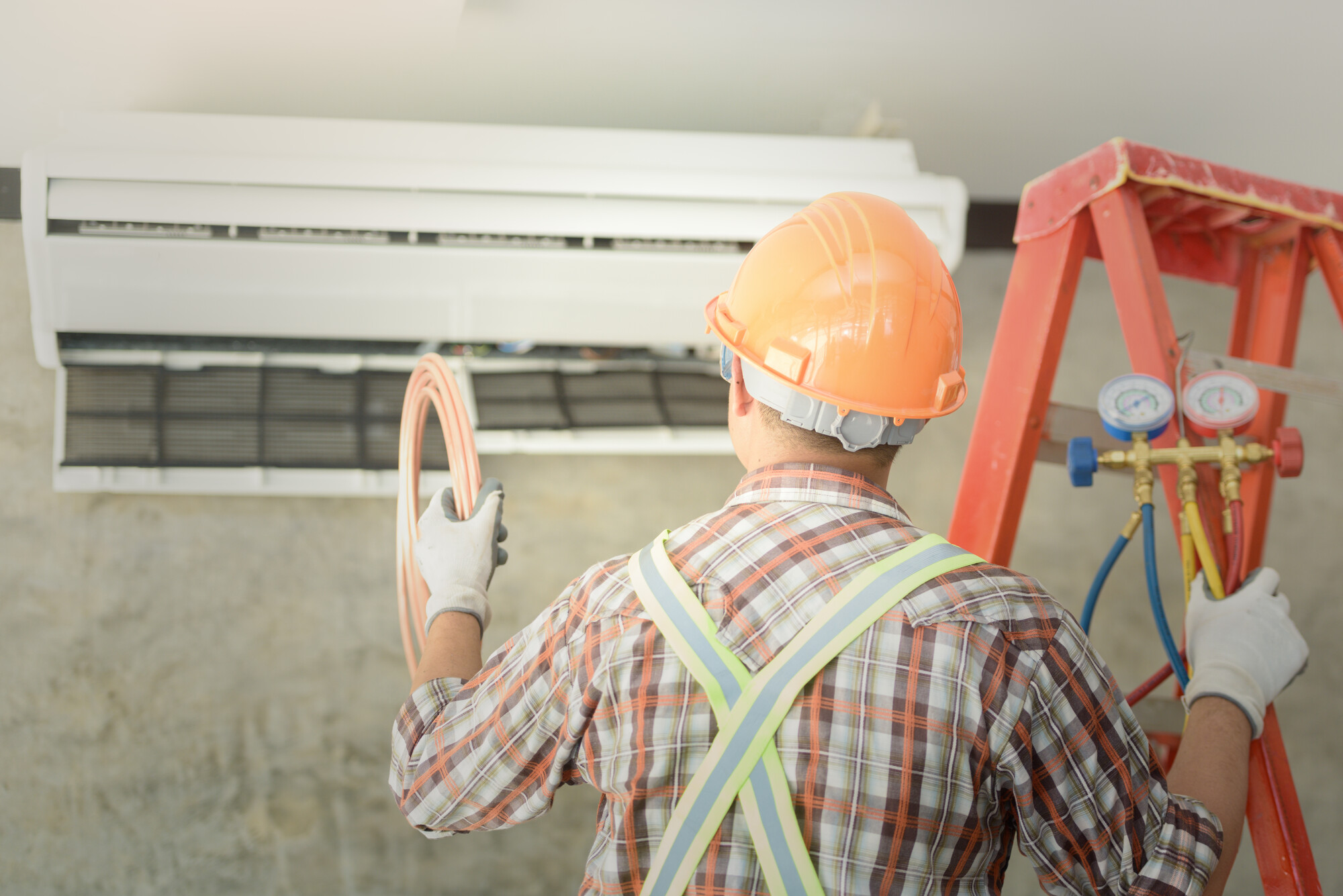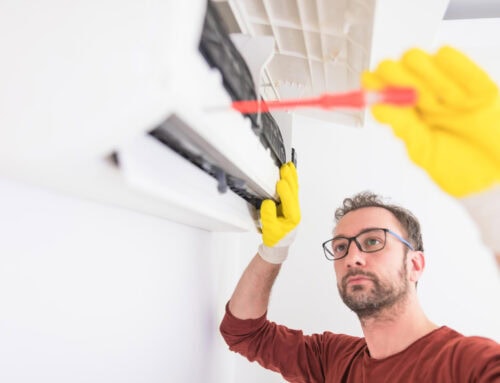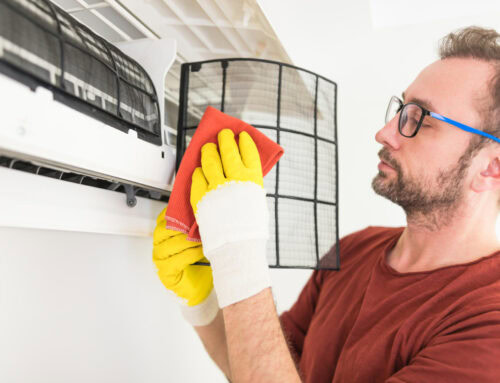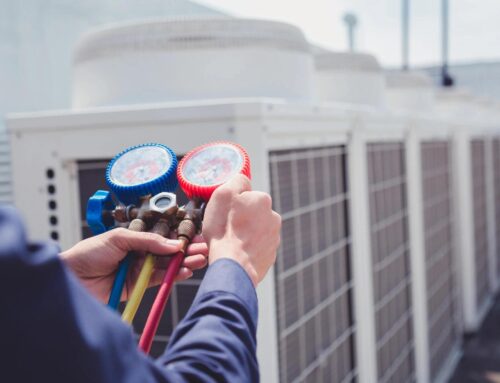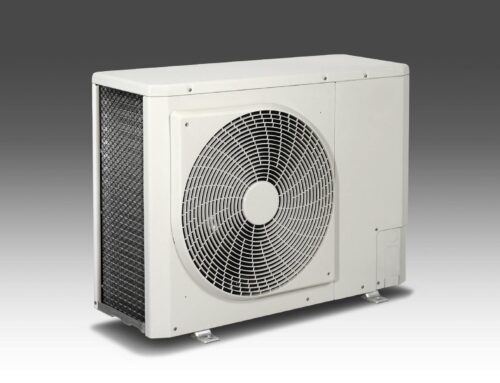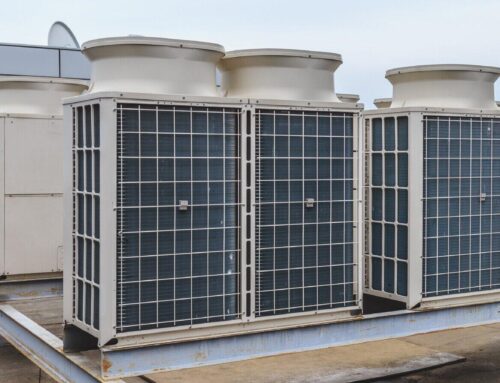87% of homes in the United States now have some form of air conditioning. Unfortunately, having a large number of things means that some will eventually break down.
In the case of HVAC systems, many of these problems have the same symptoms, such as water leaking. While this isn’t necessarily good news for those asking ‘why is my HVAC leaking water,’ it can narrow down the potential causes.
We’ll discuss some of the most common causes of leaky HVAC, and what you should do about it in this article.
1. Clogged Drain Line.
Anybody who’s ever owned a shower, a sink, or another kind of plumbing knows that a clog is often quite the problem. In an HVAC unit, the drain line is often the culprit.
As its name implies, the drain line drains excess water generated by the HVAC unit and dumps it outside the home. The problem is that natural water is almost never pure water, and can contain everything from bits of dirt to insects or even mold. The extra minerals and particles can build up and block a pipe.
When this happens, the water doesn’t have a way to exit the unit and may go through any space it can find. This can usually be fixed by having a professional snake the line. You can help prevent it by cleaning and maintaining the unit.
2. Frozen Evaporator Coil
If your HVAC is leaking water, the problem could also be a frozen evaporator coil. The evaporator coil is a device within an HVAC system that introduces refrigerant-cooled materials to heated air, forming condensation. The problem is that this system doesn’t work unless there’s enough heat in the air to counter the refrigerant, and vice versa.
Low refrigerant causes freezing, and the reason for that is pressure. Pressure in the air corresponds to the heat of the refrigerant and the temperature at which the refrigerant boils, so it will boil much faster in low pressure environments. Low refrigerant means the temperature is freezing, so when condensation forms,, it quickly freezes rather than dripping and exiting the system.
The good news is that there are ways to reduce the likelihood of this happening. Most HVAC systems can be reversed, allowing them to provide warm air in the winter and cold air in the summer. Try to keep them going against the seasons so you’ll have no shortage of air to regulate the system.
3. Broken Condensate Pump
Much like the drain line and evaporator coil, the condensate pump blays an important part in the expulsion of excess water. It pushes water onto the drain line, so if it’s broken the water won’t move.
Issues with the condensate pump are difficult to prevent, and you’ll often need to hire a professional to fix it.
Why is My HVAC Leaking Water?
Why is my HVAC leaking water? There could be a few different reasons. We’ve talked about a few of them in this article, but there’s always more to learn.
If you want to know more about HVAC and home maintenance please visit our site. We can tell you about Spring HVAC maintenance and why you should schedule one.

